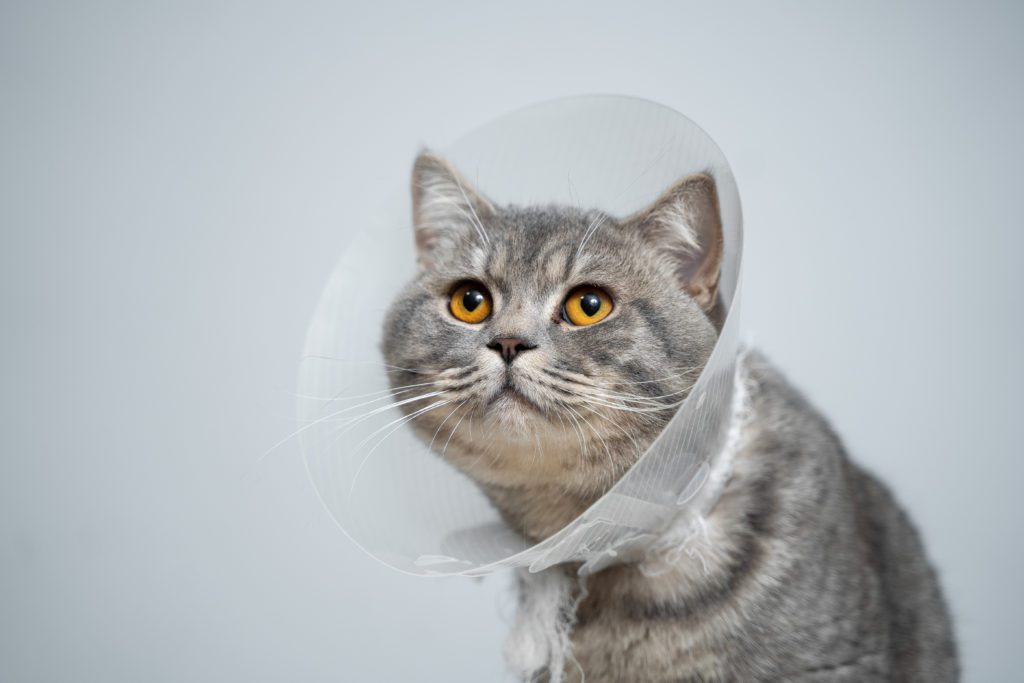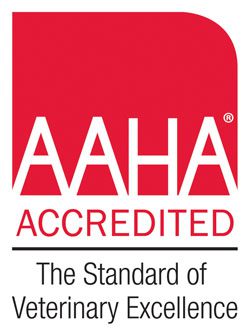Hello! True Care will close earlier on Wednesday, Jan 28th at 4pm. Be safe!
The most important first step in the care of sick or injured animals is recognizing that a problem is or has occurred. It is best NOT to panic as this can lead to bad decisions and provide information which may not help the veterinarian determine the best diagnostic and treatment plans. Once you have a basic understanding of what your pet is experiencing, then call the clinic and seek advice.


True emergencies exist whenever a pet’s basic life supporting functions are compromised. Examples of this include the ability to breathe, to drink water and indications on whether the pet “knows” their surroundings. Being aware of your pets current condition and knowing their prior health history as well as any medications they are currently taking is ESSENTIAL. Knowing whether they have been exposed to any medications or substances which can make them sick is crucial. For suspected poisonings, it is best to call an animal poison control center FIRST and relate the information to them about the suspected poison – this can help your veterinarian or emergency center provide specific treatment.
If the condition is critical or emergent, they should be seen immediately. Often, it is best to call the emergency centers as there are times they will not see additional emergency cases if their current care load is heavy. If you call True Care during our open hours, we can often have your pet seen under Urgent Care – this means they will receive priority when they arrive at our facility even if there are already scheduled clients in the building. If True Care and all of the emergency centers are too busy, please reach out to any and all veterinary offices which may be willing to have your pet seen (True Care has provided urgent care to many pets of clients who are not clients with us).
From preventative care and counseling to surgery and emergency services, we offer complete veterinary care services for your pet that are flexible and convenient.
From preventative care and counseling to surgery and emergency services, we offer complete veterinary care services for your pet that are flexible and convenient.
There are many instances where pet owners can provide basic, and often life-saving care while they are waiting to be seen or before going to the veterinary office.
If your pet has been injured, keep them in a quiet and stress-free area and restrict their level of activity. Offer water but DO NOT try and feed them as veterinary assessment and care may require sedation/anesthetics. Do not offer food or water if they are not mentally aware! If there is bleeding, place a cloth and apply steady, firm pressure for at least 10 to 15 minutes (unless this occurs at the site of a fracture – applying a tourniquet above the injury can be attempted pending transport to the veterinary center. DO NOT give them any human medications such as Ibuprofen or Tylenol.
Burns are painful. Only use cool water or normal saline to attempt to clean burns. Burns can be coated with moist towels – moist enough so that they do not stick to the wound!
Be prepared to perform some basic CPR care by viewing this helpful video. If the pet is having difficulty getting air into their lungs, check their throat with your finger for an upper airway obstruction
Do not get bit! Do not try and “clear their throat”. Do not try to move the pet unless they are near the top of stairs, etc. Note the date and time and the approximate length of the seizure. If the event is lasting more than 10-15 minutes or there have been multiple events with several hours, your pet needs to be seen
Call Animal Poison Control first at 888-426-4435. Be prepared to tell them about your pets current condition as well as details about the suspected substance or medication involved. This service will use the expertise of toxicologists to direct you and the veterinarian to specific care needed. They may advise you to attempt to get your pet to vomit (induce emesis) – this is usually done by giving doses of 3% hydrogen peroxide based on your pet’s weight. This should not be done under certain circumstances!
Pets who are hyperthermic are breathing rapidly and noisily and may have rectal temperatures above 105. There should be a history of exposure to high heat and humidity. Taking a rectal temperature is ESSENTIAL. If suspected, begin treating at home while avoiding over cooling or chilling your pet. Squirt rubbing alcohol on their paws. Place them in a cool area and provide a fan near them. The goal is to cool them to around 103.5 while preparing to get them to the clinic. DO NOT hose them down with cold water or place them in a cold or ice water bath as this will result in subsequent shivering which generates more heat. The sooner that a pet can be safely cooled, the less organ damage that will occur
Low normal rectal temperature for healthy dogs and cats is 99. If their temperature decreases to below 98 degrees, they should be provided with temperature support pending being seen at the veterinary center. Ideal ways to provide warmth include warm towels and rice socks (NOT HOT). A space heater can be placed in the general area – animals can get burned by heat sources or hot rice socks! Pets should not be offered food or water while they are hypothermic. Animals who have low rectal temperatures and which have not been exposed to cold temperatures are likely in shock due to significant organ disease and need to be evaluated at an emergency clinic immediately

Sign up for our newsletter to receive articles on pet health care and our upcoming events. You can unsubscribe at any time.
True Care Veterinary Hospital
True Care Veterinary © 2023 – Privacy – 7VibesMedia